Hello friends, and welcome to the post that will probably interest you if (1) you’ve read my scifi novella Three Keys in the Desert, or (2) you like reading meta about how writers come up with names for their characters.
If you’re part of group #1, I should tell you this post won’t expand the universe of the novella itself. What it will do is give you more background into who I am as an author and where my creative choices come from. (I’m not always into learning about the behind-the-scenes of the stories I like, so I just thought I’d disclose that up front.)
On the meaning of names
So, because Three Keys in the Desert was the first long work I wrote as an adult (the first draft of it, in 2007, was about 24,000 words) it was not only uncomfortably autobiographical but was also an amalgamation of all the things I loved and had always wanted to put into stories. Especially where names were concerned.
For this reason, a lot of the names I used in the novella meant something to me and had a whole backstory behind them. I made sure the names were always a reflection of the character’s identity, but often they also had personal significance to me, like my own secret little in-joke.
So, now I’m going to share some of those personal meanings, in no particular order.
1. Sol
As a kid I grew up watching the show “Chiquititas”, an Argentinian telenovela for kids. The storyline concerned an orphanage for girls in Argentina where everyone wore uniforms and sang songs every episode. If you’ve read the novella you can already see how the setting of that show is reminiscent of its setting 🙂
Sol was a character on “Chiquititas”, but in the first seasons (which are the ones I remember the most) she wasn’t actually part of the orphanage. She was the youngest girl on the show, maybe 10 years old, and lived in an apartment with a few of the supporting characters. I remember learning as a kid that “sol” was Spanish for “sun”.
Little Sol was truly a ray of sunshine. She smiled the most, she was the youngest and most adorable, and her life wasn’t as tragic as the lives of the orphan girls (at least at first). I knew very early on, when plotting Three Keys in the Desert, that my Sol would be none of those things.
Or rather, that she would be like an echo, or a memory, of that little girl.
2. Ebie
Growing up I loved a lot of what I call “old school HBO” shows. Most of them were historical fiction (for example, the amazing “Rome”), they had a huge budget, and they were doing things with historical narratives that I’d never really seen before.
I think the last show of this kind I watched before writing the novella was “Deadwood”. It was about a small 19th century settlement in the U.S. that transforms into a town, and the costs and benefits of civilization.
One of the characters on Deadwood was named E.B. Farnum. He owned a lodging house and over time became the town’s mayor. I doubt he was most people’s favorite character – he was cowardly, greedy, selfish, abusive to his employees, opportunistic. He had no backbone and no principles and not even good looks, or youth, or humor or wit to “redeem” him to the viewers.
Nevertheless, he was on “Deadwood” for as long as it ran, and he got a lot of attention and character development. If “Deadwood” was a show about human nature, then E.B. Farnum was a mirror of the worst parts of us ordinary folk. Arrogant, petty, a coward and often a fool. Nothing about him was attractive or interesting except his inherent humanity.
I remember thinking that of all the characters on “Deadwood” – the stalwart hero, the foul-mouthed brothel owner, the silly journalist, the compassionate doctor – E.B. Farnum was almost impossible to imagine being played by a woman.
I couldn’t find a single example of when a woman was allowed to play this sort of role, and remain on the side of “good”, and have significant character development over the course of multiple seasons. What would a woman playing the most cowardly, most wretched, most petty and mean and arrogant human who was still somehow perfectly average even look like? I couldn’t imagine a TV audience rooting for a woman who was all of these things, the way I was meant to be rooting for E.B. Farnum.
So, Ebie is named after him.
Of course, there’s almost nothing in common between Ebie and E.B. In fact Ebie is probably Farnum’s polar opposite. But when I created Ebie I thought of all her faults, and I thought to myself how far this flawed character was from the profound, “unattractive” flaws of E.B. Farnum, and I named her as a reminder to myself. As an aspiration.
Write more women who are flawed and “unsympathetic” and inherently, deeply, movingly human. Write about the ugliest parts of yourself. Women should be allowed to have their own stories, even when they’re only in it for themselves. Even when they’re not there to take care of anyone. Even when nothing about them is admirable.
3. Vrei
Vrei’s name, like a lot of the kids’ names (including “Ebie”) is meant to sound like it was meant to be a real name but didn’t quite get there. I wanted to create a sense for the reader that the kids in Three Keys in the Desert had fundamentally different names than the adults. I wanted them to be less obviously gendered, less obviously derived from a recognizable language.
Vrei was named after the French word “vrai”, which means “truth”. There’s an extra note of appropriateness, I guess, since Vrei spends most of the story looking for the truth about a certain incident.
As far as I’m aware, “vrai” isn’t a given name among French speakers anywhere. So, I wanted Vrei to create a sense of “huh, your name is kind of like a real word, except it isn’t”. It fit with how the system saw the kids in the story – they were almost like real people, but not quite.
4. Claudia
If Vrei and Ebie were meant to sound like names that were not-quite-names, I chose Claudia because it was a name that sounded ordinary and “normal” in so many languages. Spanish, Greek, French, Italian, English. I don’t have to change a single letter, and Claudia and is still Claudia. (If you’re wondering, I usually pronounce her name the Spanish way in my head.)
As an immigrant myself, I wanted the “permanence” of Claudia’s name to be an indication of her privilege. If the kids in Three Keys in the Desert have identities that are sort of blurry, as far as the system is concerned, Claudia is someone everyone sees very clearly.
It was also important for me to give her (and the other adults) a name with several syllables, contrary to the names of the children. There’s something very “indulgent” in a name that long. In a way, the kids had to have short names because they were moved so frequently. The shorter the name, the easier it is for new people to pronounce and remember. Which is a dynamic that’s never applied to people like Claudia.
5. Bo
The reason I chose this name is probably the simplest one yet. In the early outlines of the novella, Bo’s character was referred to simply as “boy”. He was Sol’s boy, the boy Kim befriends, the boy no one takes seriously. And so eventually I just settled on calling him “Bo”, for short.
The point of his character, in many ways, was that the things that happen to him are completely random. Nothing – from Sol choosing him, to the later events of the novella – is really due to his initiative or actions. In my head, he played a role that girls often play in these sorts of narratives, where they just react to things older and more powerful people do around them and to them. So, he was just “boy”.
So, these were some of my personal reasons for naming the characters as I did. I mean, you can tell this story took over a decade to finish because I have paragraphs of things to say about the names alone, haha. Anyway, if by some chance you haven’t read Three Keys in the Desert yet, the ebook is on sale for $0.99 until tomorrow, so now’s probably your best chance to get it for cheap.
If you’d like to get an email next time I publish something (probably in uh… a pretty long time), you can subscribe to my New Release Mailing List.
Thanks for reading, and have a great day.
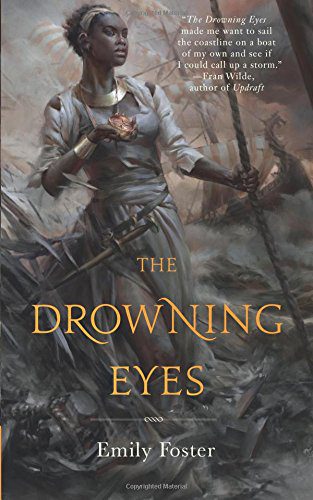
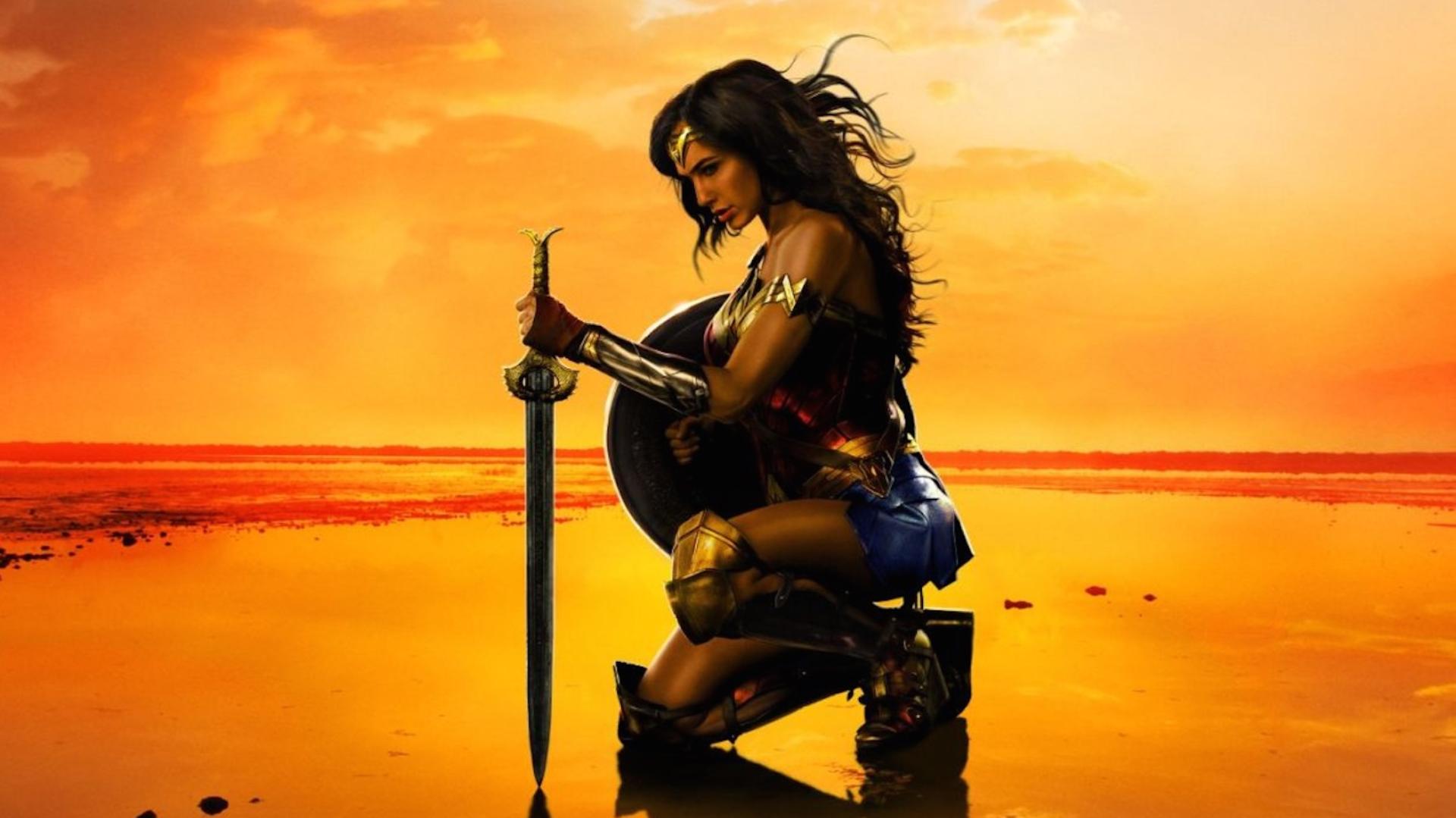
 It took me a while to like “Black Sails”, the TV show about 18th century pirates that seemed to be made out of every trope I loved as a child.
It took me a while to like “Black Sails”, the TV show about 18th century pirates that seemed to be made out of every trope I loved as a child.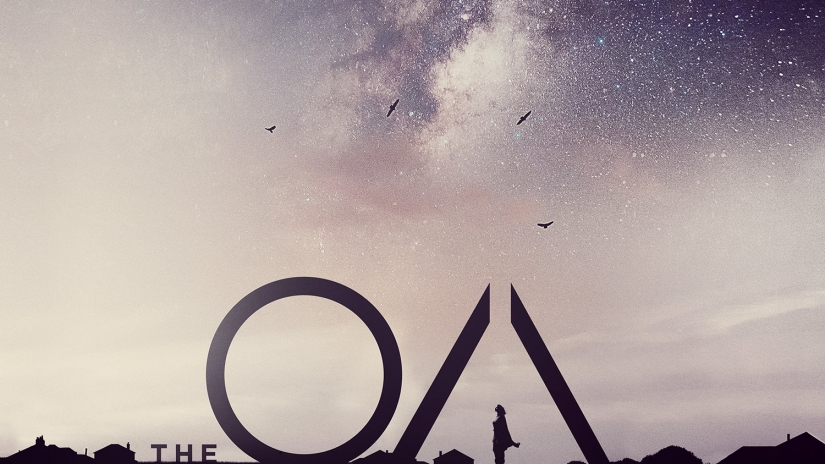
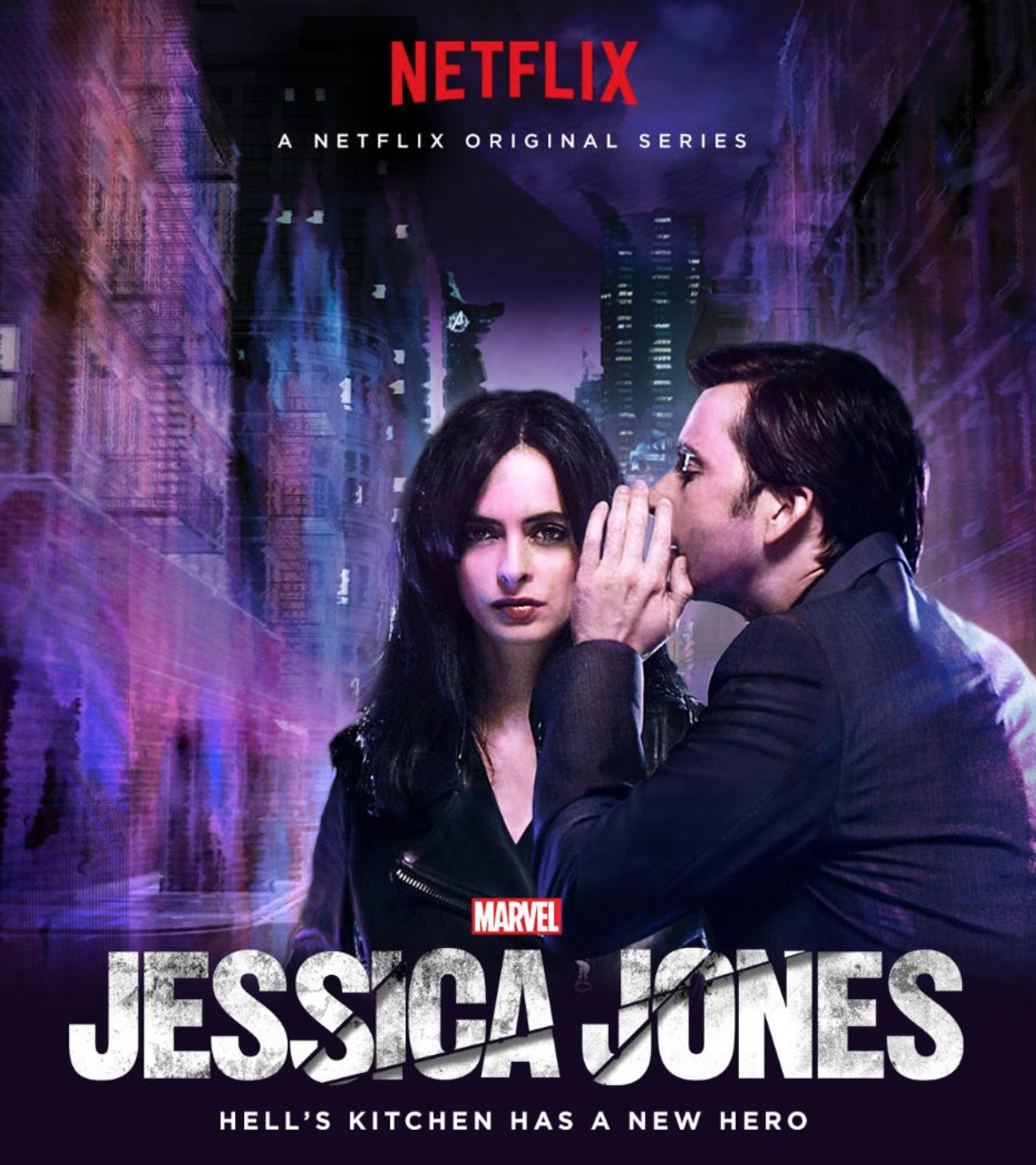
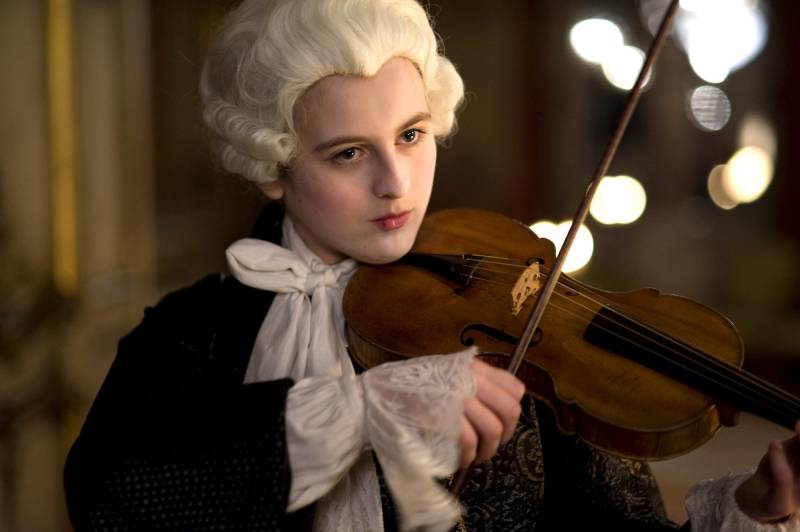
 Over the weekend my article for Women Write About Comics, about some of my favorite free comics on the internet, got published! I’m really stunned at howbeautiful it looks. There are pictures all over, and so many different colors and a colorful background – none of my previous articles have looked like that!
Over the weekend my article for Women Write About Comics, about some of my favorite free comics on the internet, got published! I’m really stunned at howbeautiful it looks. There are pictures all over, and so many different colors and a colorful background – none of my previous articles have looked like that!